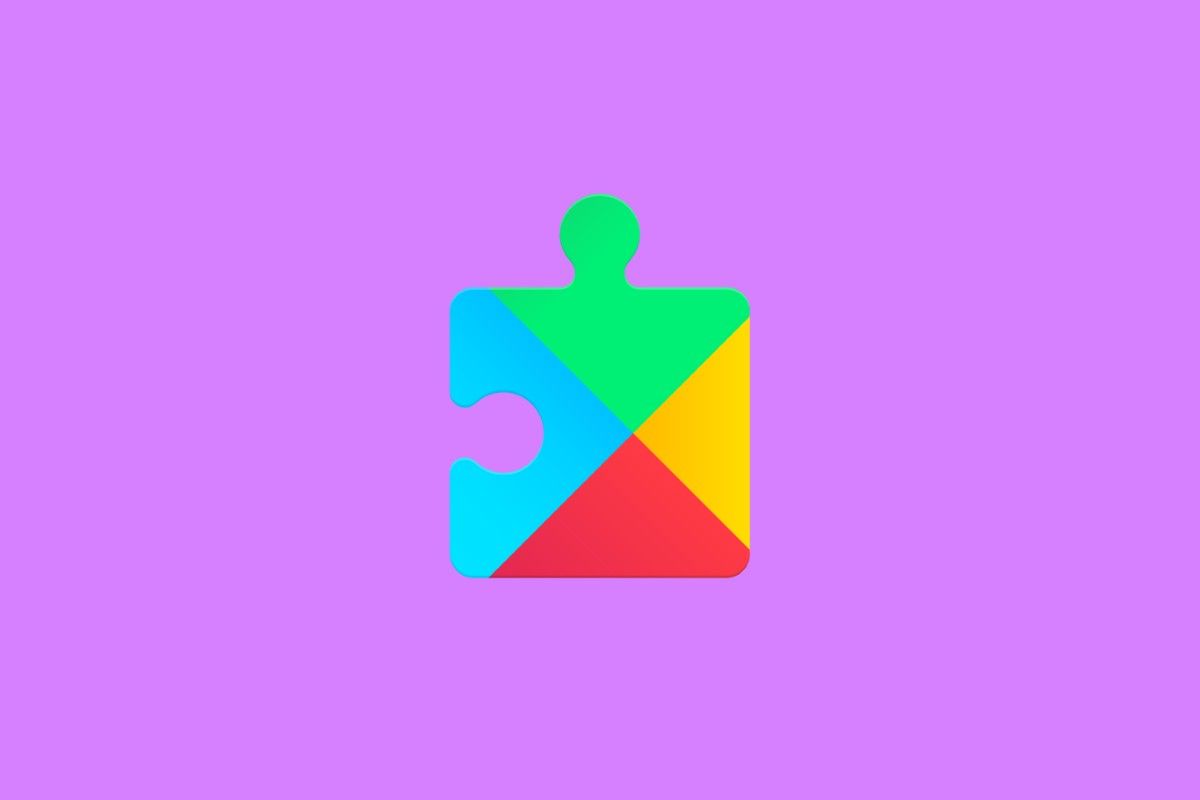The 3.5mm headphone jack is definitively on its way out, and we are going to witness many more attempts from accessory makers towards Bluetooth audio devices. Back in 2017, Google had announced Fast Pair as a way to enable quick Bluetooth pairing with compatible devices, making the process easier and convenient for the then-upcoming Pixel Buds for the Google Pixel 2. At Google I/O 2019, Google announced that it is working on showing battery notifications on the phone for the battery cases of truly wireless earphones, starting with Android Q. Now, the latest beta version of Google Play Services indicates that Google is expanding these battery notifications to be smarter for Fast Pair devices.
An APK teardown can often predict features that may arrive in a future update of an application, but it is possible that any of the features we mention here may not make it in a future release. This is because these features are currently unimplemented in the live build and may be pulled at any time by Google in a future build.
Google Play Services v19.0.56 contains strings which indicate that you'll soon be able to see estimated battery life for your connected Bluetooth devices:
<string name="fast_pair_headset_smart_battery_hr_min">%1$s • %2$d hr %3$d min left</string>
<string name="fast_pair_headset_smart_battery_min">%1$s • %2$d min left</string>
Currently, battery life for Bluetooth wireless earphones is shown as a percentage. The above strings indicate that Google will now attempt to give a smarter estimate for the battery life, translating the percentage of battery into predicted useable hours and minutes.
With Android Q, Google is revamping the Bluetooth settings page to act as the central management page for all devices that are connected via Bluetooth. Google Fast Pair Service (GFPS) is a part of Google Play Services for Android 6.0+ devices, facilitating easier connection and communication features for accessories that are connected with an A2DP or HFP profile. Google maintains a database of Fast Pair provider models, so they already do have technical data on the actual physical battery capacity of these devices. It remains to be seen whether Google will account for normal battery deterioration due to regular use when smartly estimating the battery life. Google had also announced that they were working with OEMs on supporting additional Bluetooth profiles as well as BLE-only devices, so we should expect to see more results on this end.
Thanks to PNF Software for providing us a license to use JEB Decompiler, a professional-grade reverse engineering tool for Android applications.

